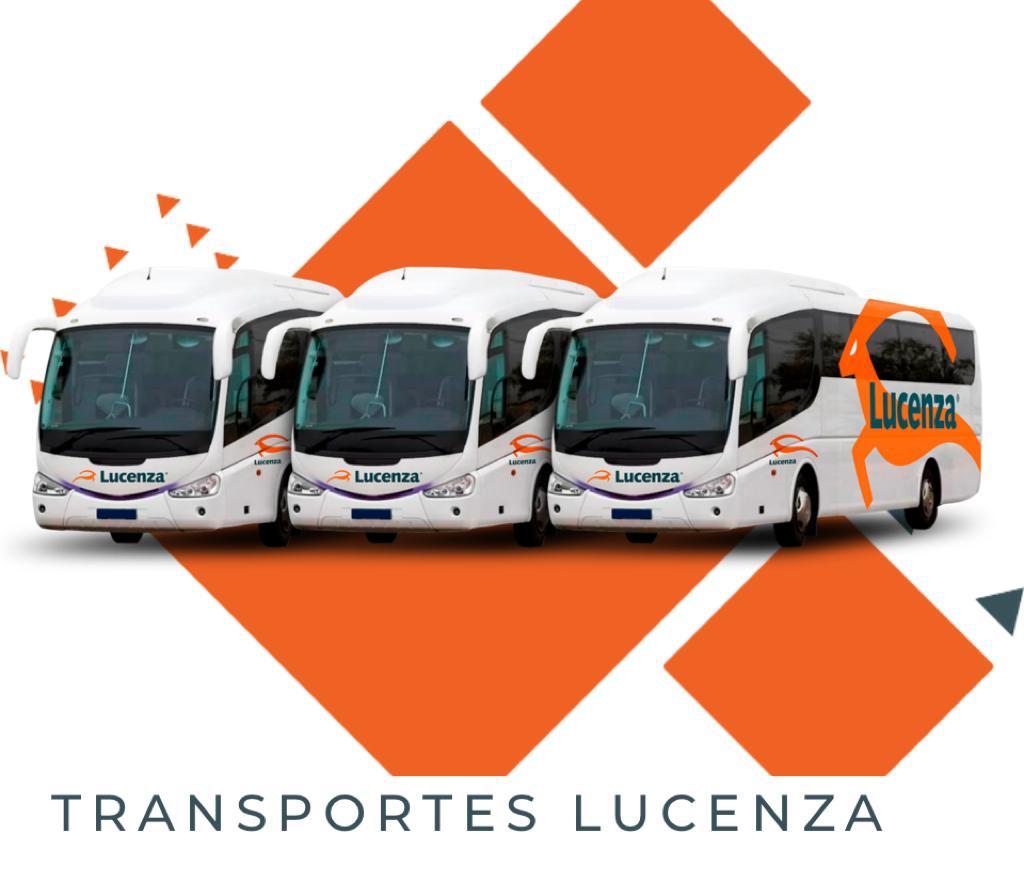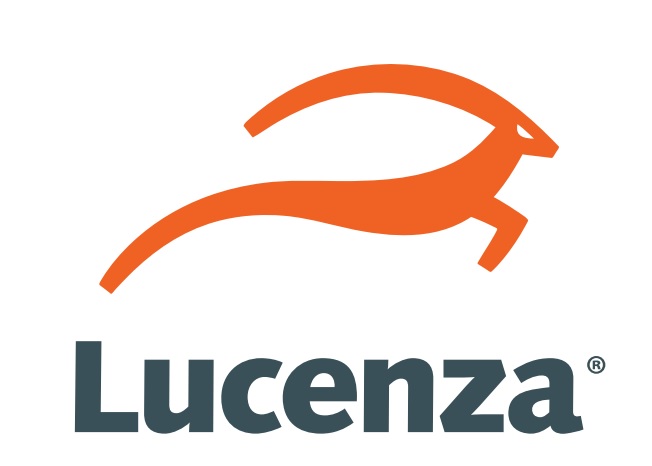

Lucenza

Buenos Aires Province, Argentina
September 2014
Transportation support
Service with Significant Environmental Footprint
Argentina
Lucenza es una empresa de transporte de pasajeros, con una trayectoria de más de 17 años, creando un sistema distintivo, con el propósito de garantizar la seguridad de la vida como valor agregado en un país con las más altas tasas de accidente en ruta. Nuestro propósito es hacer del cuidado de la vida un valor de mercado. Nuestros inicios fueron inspirados en la búsqueda de brindar una solución a la necesidad de la sociedad, así nació el famoso Puerta Puerta (Mar del Plata – Caba) de Lucenza, generando un sistema de transporte a medida con altos estándares de seguridad y calidad tanto para el cliente como para el equipo de trabajo, viéndose reflejado en el bajo porcentaje de siniestros vehiculares y nulo daño humano. El servicio fue mutando hasta la actualidad en la cual brindamos un servicio corporativo basándose en nuestro propósito como principal valor de la empresa. Compensamos la huella que generamos, compramos bonos a Banco de Bosques quienes son los encargados de cuidar el poco bosque nativo que queda en la Argentina. Buscamos un sector con igualdad de oportunidades, para ello trabajamos con diversos actores de la ciudad de Mar del Plata y Balcarce. Tenemos como objetivo sumar a nuestra equipo de choferes más mujeres para poder equiparar la brecha actual
Overall B Impact Score
Governance 17.2
Governance evaluates a company's overall mission, engagement around its social/environmental impact, ethics, and transparency. This section also evaluates the ability of a company to protect their mission and formally consider stakeholders in decision making through their corporate structure (e.g. benefit corporation) or corporate governing documents.
What is this? A company with an Impact Business Model is intentionally designed to create a specific positive outcome for one of its stakeholders - such as workers, community, environment, or customers.
Workers 24.5
Workers evaluates a company’s contributions to its employees’ financial security, health & safety, wellness, career development, and engagement & satisfaction. In addition, this section recognizes business models designed to benefit workers, such as companies that are at least 40% owned by non-executive employees and those that have workforce development programs to support individuals with barriers to employment.
Community 22.8
Community evaluates a company’s engagement with and impact on the communities in which it operates, hires from, and sources from. Topics include diversity, equity & inclusion, economic impact, civic engagement, charitable giving, and supply chain management. In addition, this section recognizes business models that are designed to address specific community-oriented problems, such as poverty alleviation through fair trade sourcing or distribution via microenterprises, producer cooperative models, locally focused economic development, and formal charitable giving commitments.
Environment 18.6
Environment evaluates a company’s overall environmental management practices as well as its impact on the air, climate, water, land, and biodiversity. This includes the direct impact of a company’s operations and, when applicable its supply chain and distribution channels. This section also recognizes companies with environmentally innovative production processes and those that sell products or services that have a positive environmental impact. Some examples might include products and services that create renewable energy, reduce consumption or waste, conserve land or wildlife, provide less toxic alternatives to the market, or educate people about environmental problems.
Customers 3.8
Customers evaluates a company’s stewardship of its customers through the quality of its products and services, ethical marketing, data privacy and security, and feedback channels. In addition, this section recognizes products or services that are designed to address a particular social problem for or through its customers, such as health or educational products, arts & media products, serving underserved customers/clients, and services that improve the social impact of other businesses or organizations.